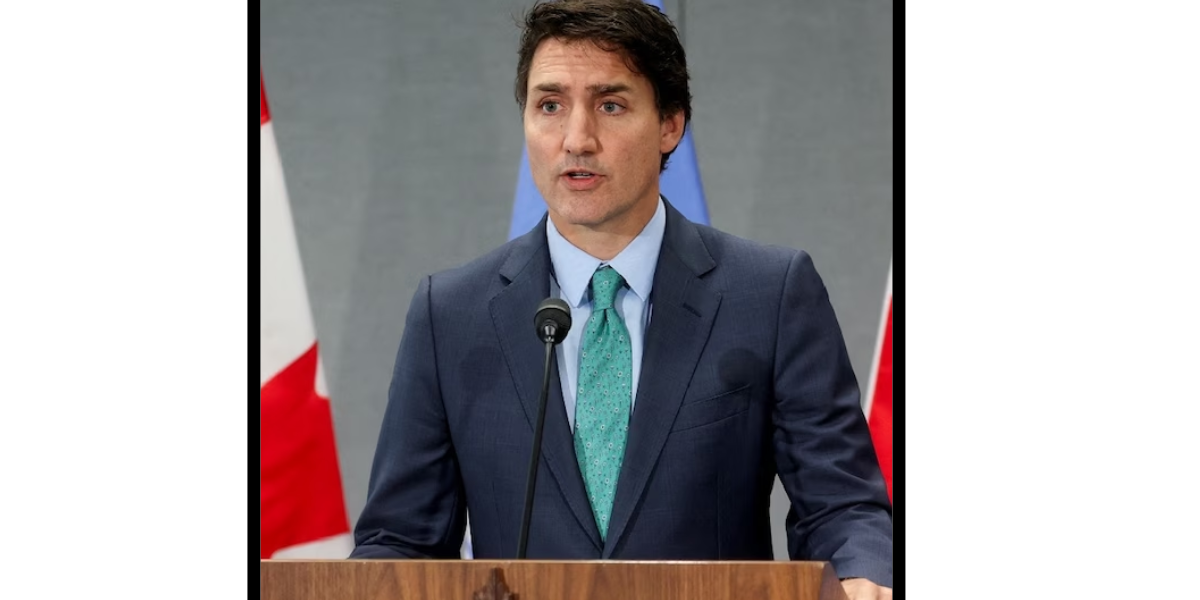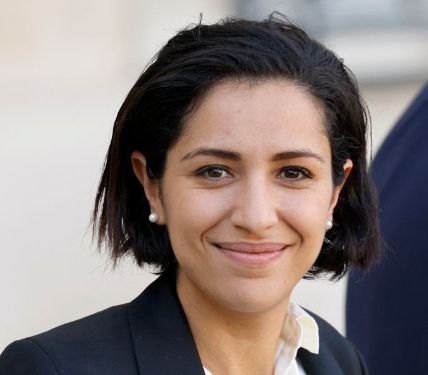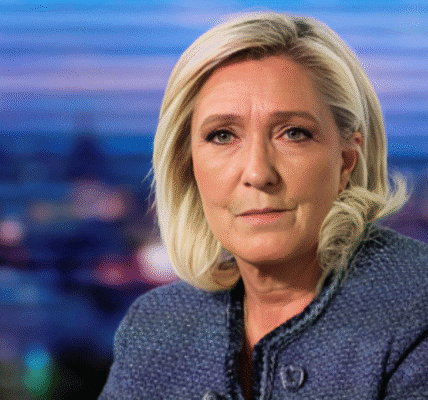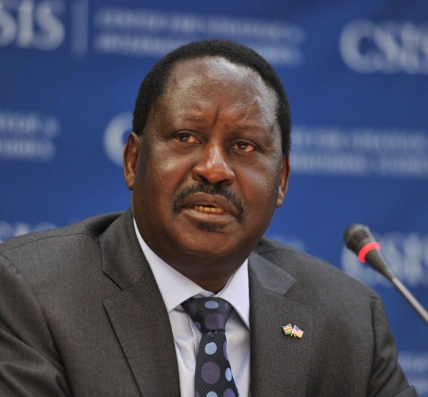Introduction:
In the annals of Canadian political history, few figures loom as large as Justin Trudeau, the 23rd Prime Minister of Canada. His ascent to power, marked by the weight of his father’s legacy and the burden of public scrutiny, is a narrative woven with threads of ambition, resilience, and a commitment to progressive ideals. From his early days as the scion of a political dynasty to his tenure at the helm of a nation grappling with unprecedented challenges, Trudeau’s journey is a testament to the complexities of leadership and the enduring quest for a better future.

The Early Years:
Inheritance and Identity Justin Pierre James Trudeau was born on December 25, 1971, in Ottawa, Ontario, into a family synonymous with Canadian politics. As the eldest son of Pierre Trudeau, the revered Prime Minister who served the nation for over 15 years, Justin’s upbringing was steeped in privilege and public scrutiny. Yet, beneath the veneer of political royalty, his childhood was marked by moments of tragedy, notably the loss of his younger brother, Michel, in a skiing accident. These early experiences would shape Trudeau’s worldview and instill in him a sense of empathy and advocacy that would define his political career.
Trudeau’s educational journey took him to McGill University, where he earned a degree in Literature, and later to the University of British Columbia, where he obtained a degree in Education. His foray into the world of teaching and advocacy laid the foundation for his later political endeavors, fostering a deep-seated commitment to social justice and youth empowerment.
The Rise of a Political Prodigy:
From Papineau to Party Leadership Trudeau’s entry into politics was both inevitable and audacious. Following in the footsteps of his father, he embarked on a journey that would catapult him from political neophyte to a formidable force within the Liberal Party. In 2008, Trudeau won the riding of Papineau, marking his official entry into federal politics. His tenure as Member of Parliament was characterized by a blend of grassroots engagement, progressive advocacy, and occasional controversy.
However, it was Trudeau’s ascension to the leadership of the Liberal Party in 2013 that would redefine the trajectory of Canadian politics. Despite lingering skepticism about his political acumen, Trudeau’s charisma and vision for a more inclusive and progressive Canada resonated with voters across the country. His landslide victory in the party leadership race signaled a seismic shift in Canadian politics, heralding a new era of Trudeauism characterized by optimism, diversity, and a commitment to progressive ideals.
The Trudeau Doctrine:
Leadership in Action As Prime Minister, Justin Trudeau wasted no time in implementing his vision for Canada’s future. From the outset, he sought to differentiate his leadership style from that of his predecessors, embracing a more transparent and inclusive approach to governance. Under his stewardship, Canada emerged as a global leader in areas such as climate change, immigration, and Indigenous reconciliation.
Trudeau’s first term in office was marked by a series of landmark achievements, including the Paris Agreement on climate change, the legalization of cannabis, and the resettlement of over 40,000 Syrian refugees. His bold initiatives, coupled with his adept navigation of international diplomacy, earned him accolades both at home and abroad.
Yet, Trudeau’s tenure was not without its challenges. His handling of contentious issues such as the Trans Mountain pipeline expansion and the SNC-Lavalin scandal drew criticism from opponents and allies alike, raising questions about his leadership style and political judgment. Nevertheless, Trudeau’s resilience in the face of adversity and his unwavering commitment to his principles endeared him to many Canadians, solidifying his position as a transformative figure in Canadian politics.
A Legacy in Progress:
Trudeau’s Second Term and Beyond As Trudeau embarked on his second term as Prime Minister, the political landscape underwent seismic shifts, with the emergence of new challenges such as the COVID-19 pandemic and renewed calls for Indigenous reconciliation. Despite the obstacles, Trudeau remained steadfast in his commitment to building a more equitable and sustainable Canada.
Under his leadership, Canada weathered the storm of the pandemic with resilience and compassion, implementing measures to safeguard public health and support those most affected by the crisis. Trudeau’s emphasis on science-based decision-making and international cooperation garnered praise from global leaders, positioning Canada as a beacon of stability in an uncertain world.
Looking ahead, Trudeau’s legacy is still unfolding, with new challenges and opportunities on the horizon. As he navigates the complexities of governing a diverse and dynamic nation, Trudeau’s commitment to progressive values and inclusive leadership remains unwavering. His journey from political scion to transformative leader is a testament to the enduring power of vision, resilience, and the pursuit of a better future for all Canadians.





